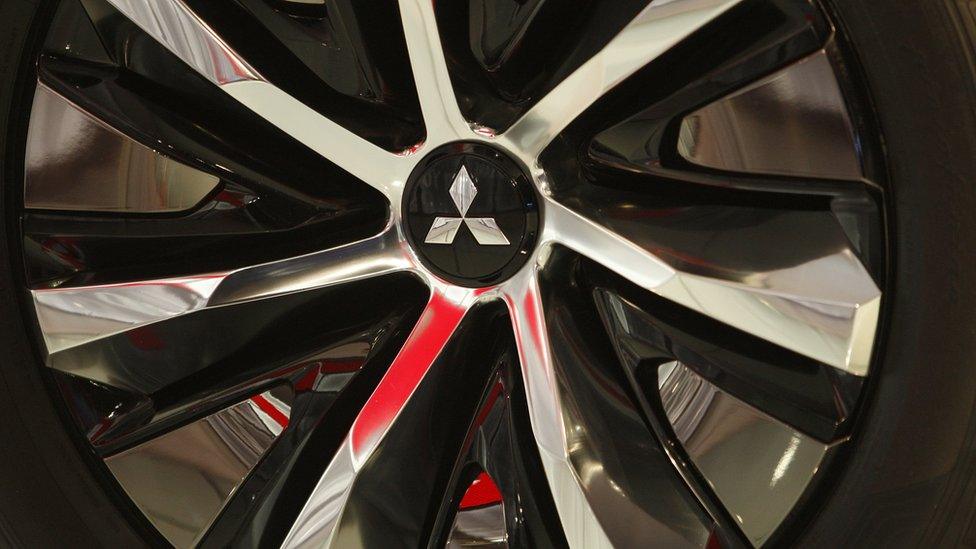Nissan to take 34% stake in Mitsubishi Motors
- Published
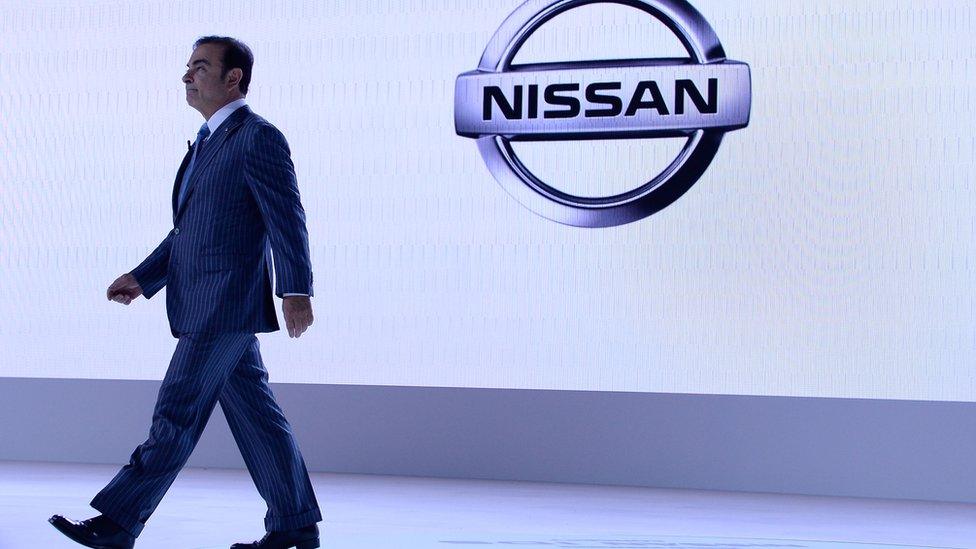
Nissan chief executive Carlos Ghosn
Japanese carmaker Nissan will take a 34% stake in rival Mitsubishi Motors, in the wake of the latter's recent scandal over fuel efficiency.
The deal is valued at 237bn yen ($2.2bn; £1.52bn).
Carlos Ghosn, chief executive of Nissan, has called the deal "a breakthrough transaction and a win-win" for both companies.
The tie-up is subject to regulatory approval as well as the backing of Mitsubishi shareholders.
If it is approved, the deal is expected to close by the end of the year and make Nissan the largest shareholder in Mitsubishi Motors.
The strategic alliance, external will extend an existing partnership between the two companies forged over the past five years.
Both will co-operate in areas including purchasing, technology and sharing platforms.
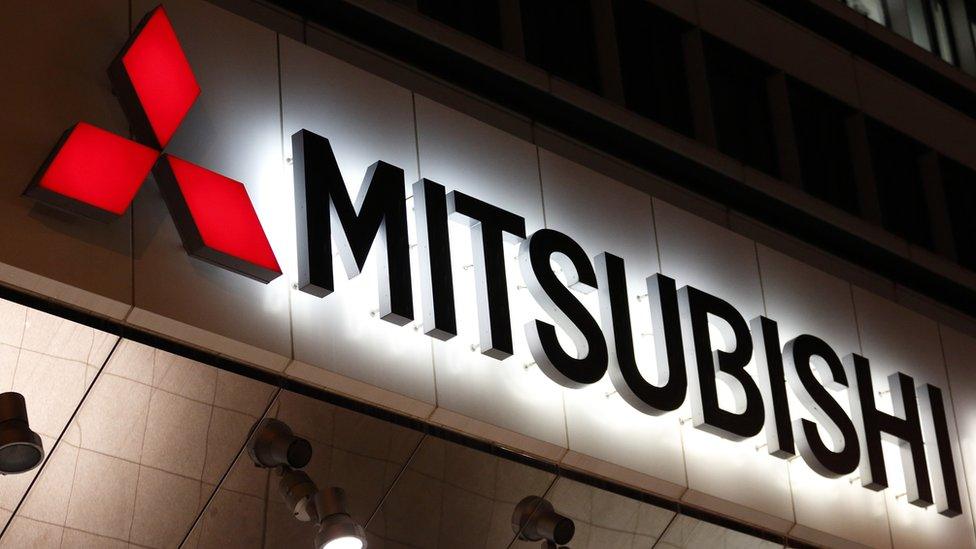
Mr Ghosn said: "We will support Mitsubishi Motors as they address their challenges and welcome them as the newest member of our enlarged alliance family."
Nissan's Alliance family is built around a 17-year cross shareholding agreement with French carmaker Renault. Nissan has also previously acquired stakes or signed partnerships with other carmakers including Daimler.
Osamu Masuko, chief executive at Mitsubishi Motors, said he hoped the deal with Nissan would restore confidence in the company: "It is not an easy task to regain trust, so through the alliance with Nissan, we will be starting a path towards tackling this difficult task."
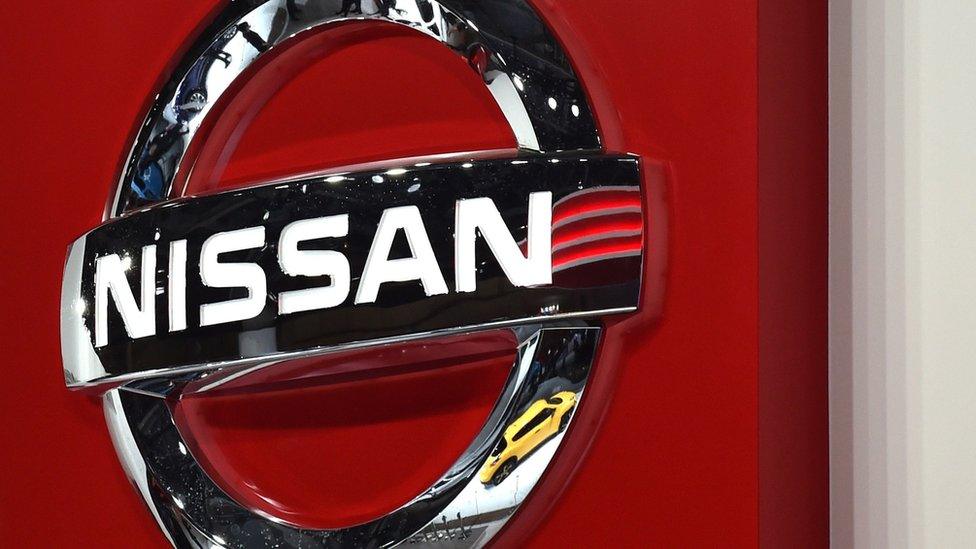

Analysis: Theo Leggett, Business correspondent
Mitsubishi - a relatively small player in the car industry - has found itself at the centre of a major scandal. A deal with Nissan will give it a financial bulwark to help it weather the storm. It will also gain access to Nissan's technology and its research and development programmes. That may prove invaluable in the longer term.
Meanwhile, Nissan will pick up a substantial stake in Mitsubishi at a very attractive price. The company will gain access to Mitsubishi's sales network across South East Asia, in areas such as Malaysia, Thailand and Indonesia - a region that is very attractive to Japanese manufacturers.
And let's not forget the bigger picture. Nissan is in a long-term alliance with Renault, which has a 43% stake in its partner. It looks as though Mitsubishi will now become a de-facto member of this Renault-dominated grouping. Together, they will build about 9.5 million cars a year - putting them on a par with the giants of the industry, such as Toyota and General Motors.

Profits rise
The tie-up was announced as Nissan reported a 14.5% rise in net profit to 523.8bn yen ($4.4bn; £4bn) for the 12 months to March.
The Japanese firm said rising demand in North America and China helped to offset unfavourable currency movements and weakness in emerging markets.
For the financial year to March 2017, Nissan is estimating flat profit growth and an 11% fall in operating profit due to the strengthening yen.
Mr Ghosn said: "Encouraging demand for new models, external, combined with continued cost efficiency, helped us withstand currency headwinds and volatile trading conditions in several emerging markets."
Nissan said recently launched models including the Maxima, Altima and Titan pick-up trucks were expected to contribute to global sales growth in the coming year.
Globally, Nissan sold 5.42 million vehicles in the 12 months to March - up 2% from the previous year.
Yen effect
Earlier this week Nissan's rival Toyota announced a record profit of 2.31tn yen. But the world's biggest-selling motor company then warned of a 35% fall in net profit for the year to March 2017 on the recent rise in the yen.
Last year, $1 would buy 120 yen, but over the next year that is expected to fall to just 105 yen.
A weaker yen makes goods manufactured by Japanese exporters less expensive overseas.
- Published26 April 2016
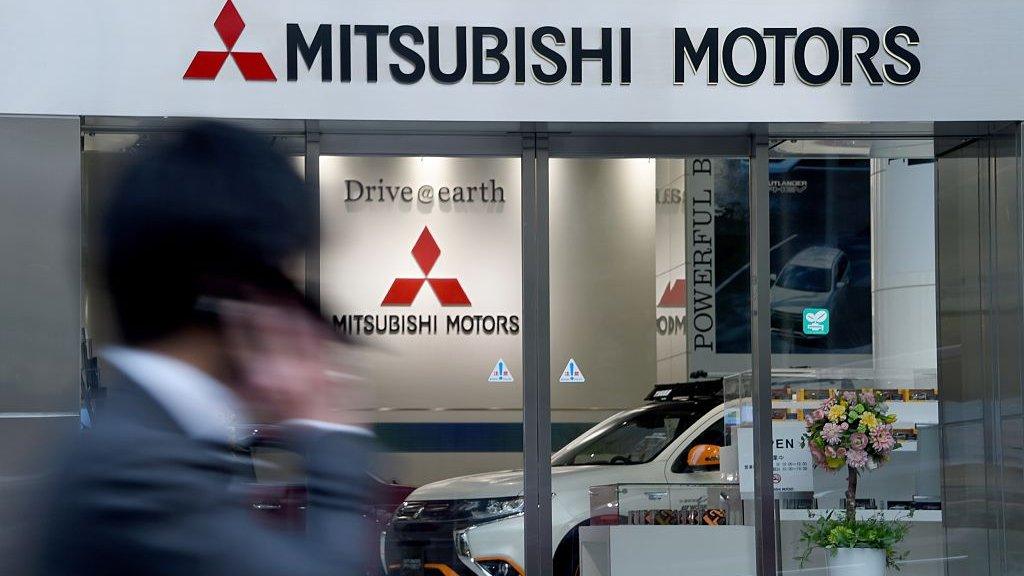
- Published21 April 2016
